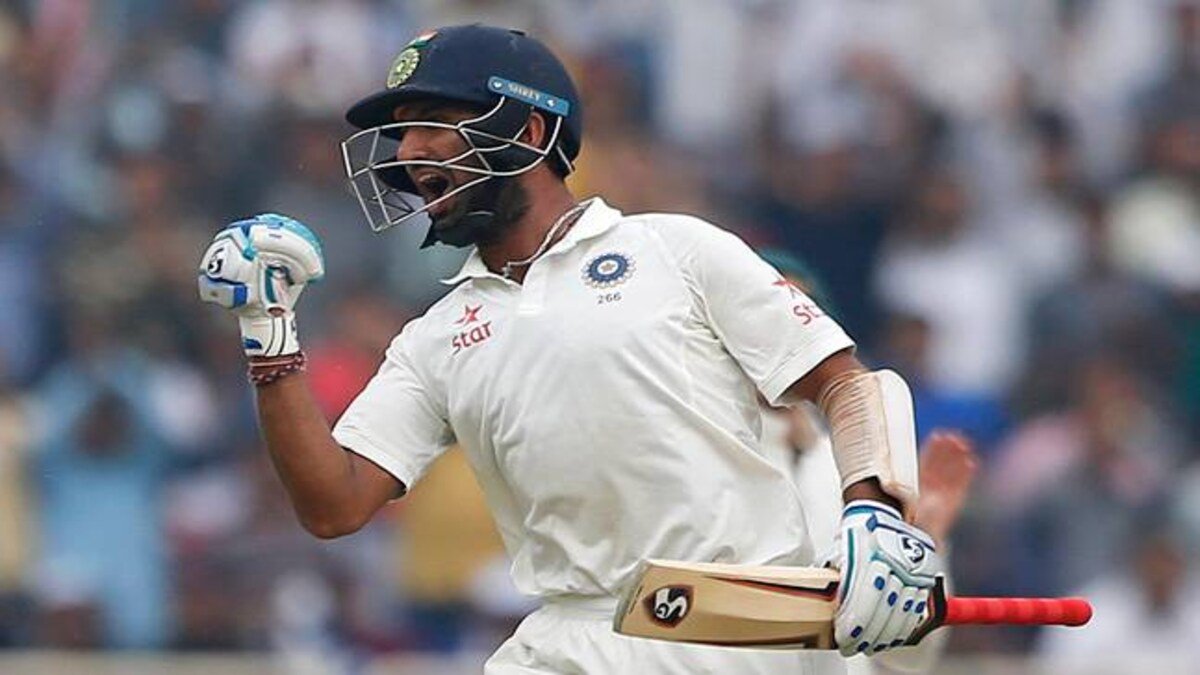How to Maintain a Balanced Diet as an Athlete
There’s a 90/10 rule dominating the lifestyle pattern among youth. As per this trend, 90% diet should be clean, with only healthy food or drink entering the body, while 10% can be for sensual pleasures, like pizza or pasta. This kind of food habit can work wonders for normal people, but for someone who wants to maintain a balanced lifestyle. But for athletes, aiming to reach the very top level, nothing short of peak will do for them. They have to be almost flawless in choosing the food they eat, for it has a direct impact on their performance on the field. A curated diet helps athletes in performing rigorous physical activity and also aids in repairing tissues. Here’s a guide for athletes on how to maintain a balanced diet.
Maintaining Consistency Is The Key
Yes, eating healthy food is critical in reaching the maximum fitness, but equally important is the timing of the food and the consistency. Your body eventually acclimatize itself for every habit, be it waking up at a specific time in the morning and having the first meal of the day. It’s all about following a fixed routine. That’s the key for maintaining a peak lifestyle for an athlete. From having a pre-workout meal to consuming a combination of protein and carbs to repair muscles, athletes must maintain consistency if they are to reach optimum health.
Personalizing The Diet
Every athlete’s body is different and unique. Their body demands different composition of macronutrients and micronutrients. For example, if a certain amount of protein or carbohydrates works wonder for one athlete, the same composition could harm another athlete. Like Novak Djokovic, whose body was sensitive to gluten, and so, he had to exclude it from his diet plan. That’s why, if an athlete wants to dominate in his field, he has to know his body, and what it demands. The next step is to personalize the diet plan according to the demand of the body.

Common Mistakes to Avoid
Skipping Meals: The most common mistake an athlete can make is to skip meals. This is very common among athletes who live alone and have to prepare their own food. Skipping meals can leads to low energy levels and poor recovery, which can result to poor performance in the match. So it’s recommended that athletes should never skip meals in order to maintain peak fitness level.
Junk Food: Often termed as “Guilty Pleasures”, eating junk food is the biggest harm an athlete can do to his body. Indulging in bad habits can lead to poor performance, poor recovery post work-out and eventually, can worsen the overall health of the athlete.
Understanding the Basics of a Balanced Diet
But what is a balanced diet?
A balanced diet is the right proportions of macronutrients and micronutrients. Macronutrients mainly consists of carbohydrates, proteins, and fats, while micronutrients are mostly vitamins, minerals, and hydration. There’s no hard and fast rule regarding the consumption of these nutrients, but for athletes, the composition of these nutrients holds the key to unlock their peak fitness level.

How much macronutrients should be included in an athlete’s diet?
1. Carbohydrates: Carbohydrates are the primary source of energy for athletes. During physical activities, the body relies on energy which is stored as glucose. Consuming sufficient carbohydrates allows athletes to remain full of energy during sports activities
Sources: Whole grains, fruits, vegetables, legumes, and starchy foods like sweet potatoes.Recommendation: 55-60% of an athlete’s daily calorie intake should come from carbs.
2. Proteins: Proteins are critical for muscle repair and growth. They also play a role in hormonal balance and maintaining immunity. Of course, athletes need more protein than the average people due to their sports related activities.
Sources: Lean meats, eggs, dairy products, fish, tofu, beans, lentils, and nuts.Recommendation: Protein intake should range from 1.2 to 2.0 grams, per kilogram of body weight, also depending on sports activity level.
3. Fats: Fats are essential for endurance related activities. Healthy fats also aid in the absorption of fat-soluble vitamins.
Sources: Avocado, nuts, seeds, olive oil, fatty fish, and dairy.Recommendation: Fats should make up about 20-35% of daily calorie intake.
How much micronutrients should be included in an athlete’s diet?
Vitamins and minerals: They vital nutrients are often overlooked but holds the key for an athlete’s overall health. Iron are essential for oxygen transport in the blood. Unlike calories, Vitamins and minerals are measured in terms of Adequate Intake, which again varies based on gender, age and activity.
Sources: Spinach, red meat, fortified cereals, and beans.Recommendations: As mentioned, intake depends on various factors.Vitamin C: 75-90 mg/day (may be higher for intense training).Vitamin D: 600-800 IU/day, depending on sun exposure.Vitamins B: B12: 2.4 mcg/day)
Iron: These nutrients are essential for transportation of Oxygen in the blood.Men: 8-11 mg/day.Women (18-50 years): 18 mg/day (due to menstruation).Athletes: Athletes, especially females, may require more due to increased demand.
Calcium and Vitamins D: These nutrients support bone health and prevent injuries.
Sources: Dairy, fortified plant-based milks, and sunlight for Vitamin D.Electrolytes: Sodium, potassium, and magnesium are crucial for maintaining hydration and muscle function.
Sources: Bananas, coconut water, and leafy greens.
Also Read: Beginner’s guide to sports nutrition
Hydration: Most overlooked nutrient
Hydration is just as critical as quality food. Lack of hydration can lead to fatigue, decreased performance, and even heat-related illnesses. Here’s how an athlete can maintain his hydration level.
Pre-Workout: Drink 400-600 ml of water two hours before exercising.During Workout: Sip water every 15-20 minutes, and consider sports drinks for prolonged activities lasting over an hour to replenish electrolytes.Post-Workout: Rehydrate with water and electrolyte-rich drinks to restore fluid balance.
Conclusion
Maintaining peak health is a continuous process. There can be occasional cheat days but discipline is the key, whether it’s going to the bed or waking up in the morning. Tom Brady, the greatest NFL player of all time, played at his peak even when going into his 40s, because he did what most athletes fail to do, and that is to maintain disciplined in everything. Same can be said about LeBron James, Stephen Curry, Cristiano Ronaldo and Novak Djokovic, to name a few. All these athletes are in lates 30s, and yet, they are showing no signs of slowing down.
The rule of the thumb is that an athlete should maintain a healthy lifestyle.
For more, follow us on Facebook, Instagram and LinkedIn.
Share this content:



Post Comment